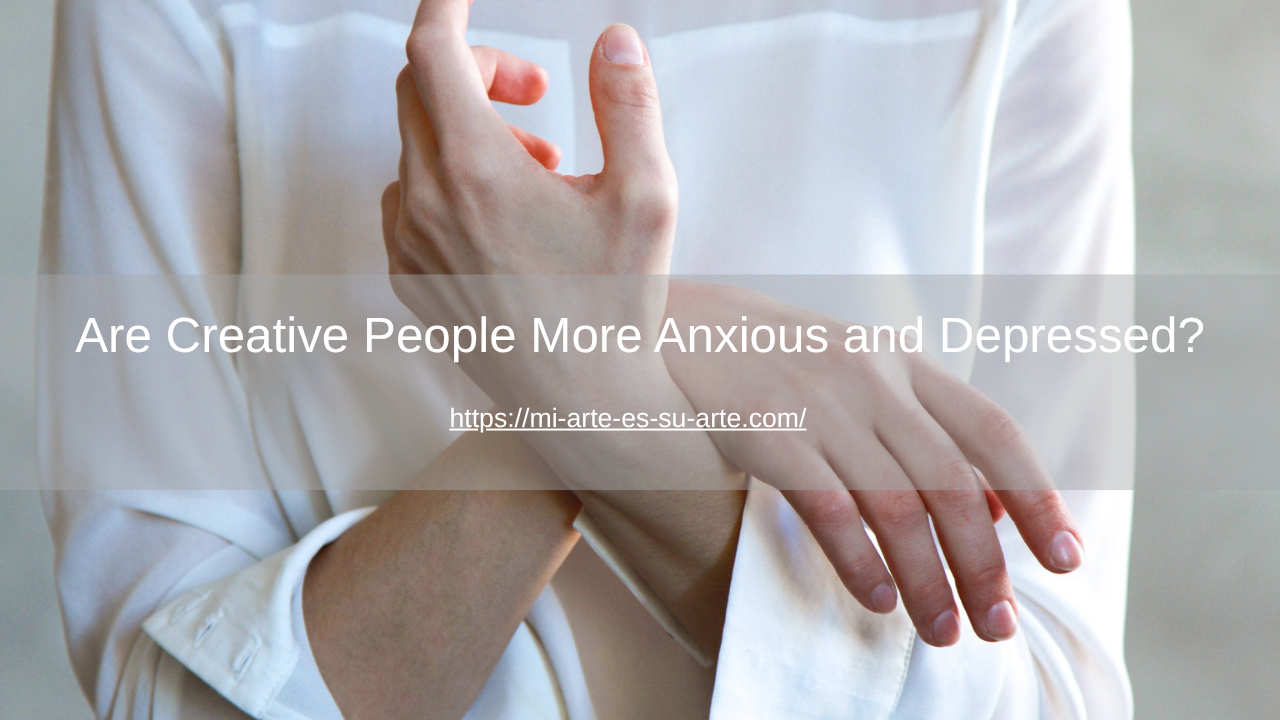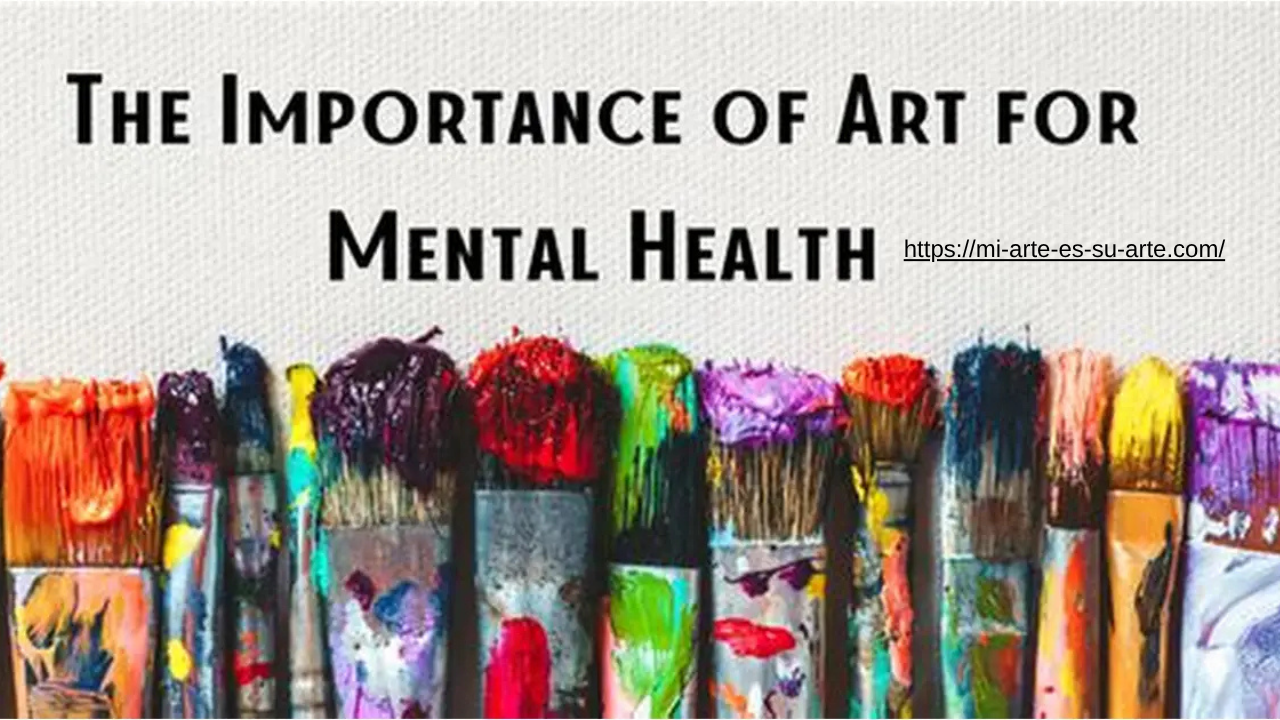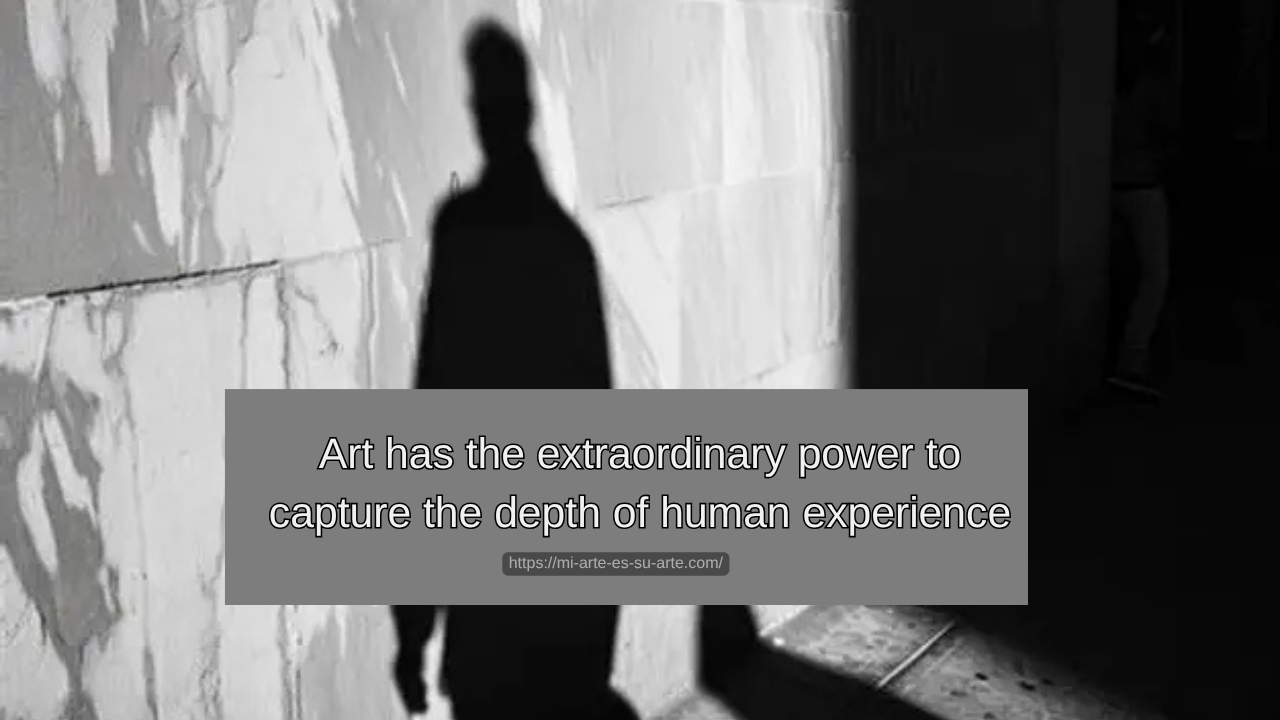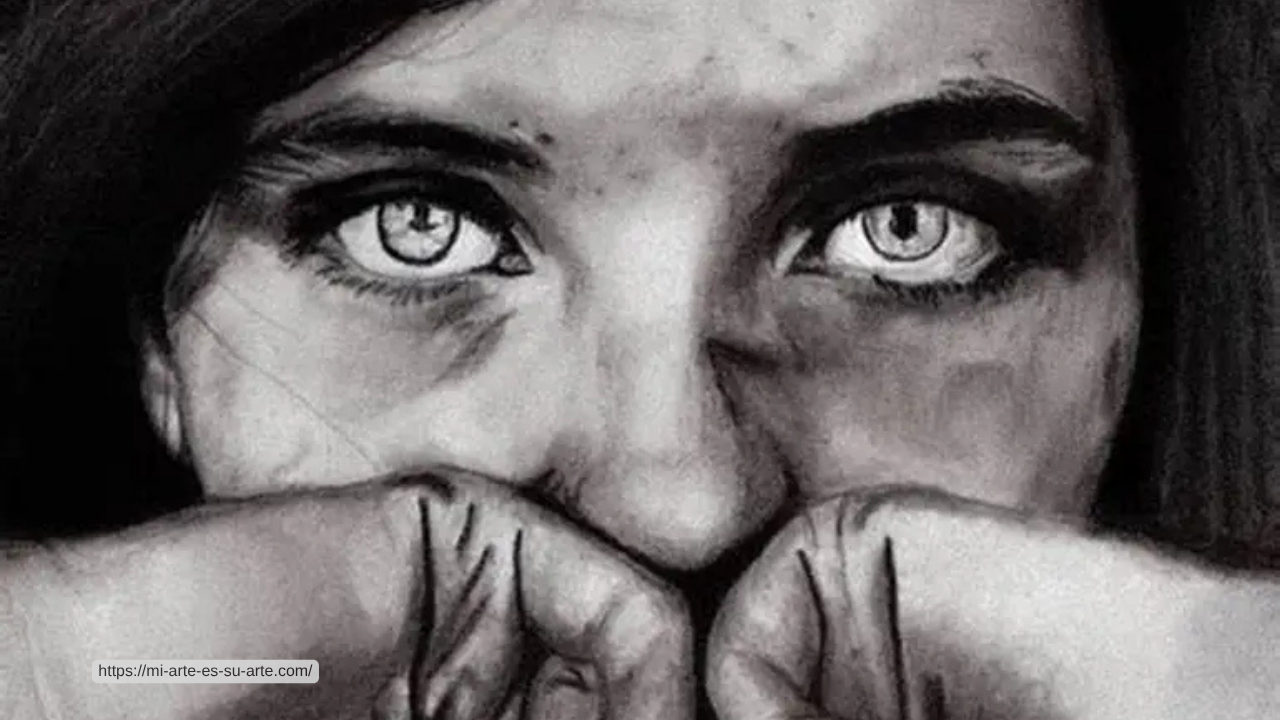 Art has the power to inspire, provoke, and transform. Yet behind the beauty and brilliance often lies a struggle that many creatives face in silence. Mental health challenges, including anxiety, depression, and addiction, affect a significant portion of artists, musicians, and creators. For those navigating these difficulties, understanding the connection between creativity and mental health is the first step toward finding support and reclaiming balance.
Art has the power to inspire, provoke, and transform. Yet behind the beauty and brilliance often lies a struggle that many creatives face in silence. Mental health challenges, including anxiety, depression, and addiction, affect a significant portion of artists, musicians, and creators. For those navigating these difficulties, understanding the connection between creativity and mental health is the first step toward finding support and reclaiming balance.
The Hidden Struggles of Creative Minds
Artists are naturally sensitive and emotionally expressive. These traits fuel innovation and originality, but they can also make individuals more susceptible to emotional strain. The pressure to consistently produce exceptional work, maintain a public image, and cope with rejection often exacerbates stress. Additionally, solitary work environments and irregular schedules can intensify feelings of isolation, creating a higher risk for substance use and mental health disorders.
Why Addiction and Mental Health Challenges Are Common in Artists
Emotional Sensitivity and Stress
High levels of sensory and emotional sensitivity allow artists to perceive the world in unique ways, enhancing their craft. However, these heightened sensitivities can make everyday stress feel overwhelming, increasing vulnerability to anxiety, depression, and emotional burnout.
The Cycle of Highs and Lows
Creative work often comes with intense emotional peaks followed by lows, such as post-project depression. To manage these emotional swings, some artists may turn to alcohol, drugs, or other coping mechanisms, inadvertently developing patterns that can lead to addiction.
Societal and Industry Pressures
Artists often face societal expectations and industry pressures that reinforce the “tortured artist” myth. This stereotype can discourage seeking professional help, creating a dangerous cycle of silence, self-medication, and deteriorating mental health.
Finding Help Through Holistic and Compassionate Care
At Mi Arte Es Su Arte, we provide individualized support designed to address the unique challenges artists face. Our programs combine professional addiction recovery, mental health treatment, and holistic care to support emotional, physical, and spiritual well-being.
Inpatient Care: A Safe Sanctuary
Inpatient programs provide a structured environment where artists can focus on recovery without external pressures. This intensive care includes therapy, counseling, and creative modalities that help individuals process emotions safely and constructively.
Outpatient Support: Balancing Recovery and Life
For those reintegrating into their creative careers, outpatient services offer clinical support, peer accountability, and flexible scheduling. These programs help artists maintain progress while navigating the demands of professional and personal life.
Creative and Holistic Therapies
Art, music, and writing can become powerful tools for healing. By integrating these modalities, alongside faith-based guidance and individualized treatment plans, artists can explore emotions, process trauma, and cultivate resilience in ways that feel natural to their creative identity.
Building a Supportive Community
Recovery and mental wellness thrive in connection. Encouraging open conversations, seeking peer support, and engaging in mentorship can reduce isolation and foster resilience. Sharing experiences not only normalizes mental health challenges but also empowers artists to embrace both their creativity and their healing journey.
Taking the First Step Toward Healing
Mental health struggles do not have to define a creative life. Acknowledging challenges and seeking professional support is a sign of strength, not weakness. At Mi Arte Es Su Arte, our compassionate team is ready to guide artists through personalized recovery and holistic mental health care. By taking the first step today, you can reclaim balance, nurture your creativity, and build a sustainable, fulfilling life in the arts.
If you or a loved one is facing anxiety, depression, or addiction, reach out today. Open dialogue, professional care, and holistic support can restore both emotional well-being and creative vitality.
 Artists often captivate the world with their creativity, yet behind the inspiration lies a reality many struggle to share. Mental health challenges, including anxiety, depression, and addiction, are prevalent in creative communities. Despite the impact on personal well-being and professional performance, stigma and fear often prevent artists from speaking openly about their experiences. At Mi Arte Es Su Arte, we believe that breaking the silence is essential. By encouraging honest dialogue, providing compassionate support, and offering holistic treatment, we help artists protect their mental health and reclaim balance in both life and art.
Artists often captivate the world with their creativity, yet behind the inspiration lies a reality many struggle to share. Mental health challenges, including anxiety, depression, and addiction, are prevalent in creative communities. Despite the impact on personal well-being and professional performance, stigma and fear often prevent artists from speaking openly about their experiences. At Mi Arte Es Su Arte, we believe that breaking the silence is essential. By encouraging honest dialogue, providing compassionate support, and offering holistic treatment, we help artists protect their mental health and reclaim balance in both life and art. The image of the “tortured artist” is one of the most enduring archetypes in history. From the swirling intensity of Van Gogh to the soulful, tragic lyrics of modern icons, we often see a profound link between brilliant creativity and deep emotional pain. At mi-arte-es-su-arte.com, we look past the romanticized myths to address the clinical reality: artists, musicians, and creators are statistically more likely to encounter substance use disorders and mental health challenges. Understanding the unique psychology of the creative mind is not about stifling the “spark”—it is about providing the professional and compassionate support needed to ensure that your art can flourish without costing you your life.
The image of the “tortured artist” is one of the most enduring archetypes in history. From the swirling intensity of Van Gogh to the soulful, tragic lyrics of modern icons, we often see a profound link between brilliant creativity and deep emotional pain. At mi-arte-es-su-arte.com, we look past the romanticized myths to address the clinical reality: artists, musicians, and creators are statistically more likely to encounter substance use disorders and mental health challenges. Understanding the unique psychology of the creative mind is not about stifling the “spark”—it is about providing the professional and compassionate support needed to ensure that your art can flourish without costing you your life. The life of an artist is often romanticized as one of inspiration, creativity, and passion. Yet behind the canvas, the stage, or the page, many artists face enormous mental and emotional pressures. Deadlines, financial instability, public scrutiny, and the constant drive for originality can take a toll on mental health. At Mi Arte Es Su Arte, we understand the unique challenges creative individuals face and provide compassionate support through addiction recovery services, mental health treatment, and holistic care designed to restore balance and well-being.
The life of an artist is often romanticized as one of inspiration, creativity, and passion. Yet behind the canvas, the stage, or the page, many artists face enormous mental and emotional pressures. Deadlines, financial instability, public scrutiny, and the constant drive for originality can take a toll on mental health. At Mi Arte Es Su Arte, we understand the unique challenges creative individuals face and provide compassionate support through addiction recovery services, mental health treatment, and holistic care designed to restore balance and well-being. Life in the arts is often portrayed as exciting, expressive, and fulfilling. Yet behind the creativity that inspires audiences lies a complex emotional world many artists struggle to navigate. The pressure to create, the uncertainty of income, and the vulnerability required to produce meaningful work can take a significant toll on mental health. At Mi Arte Es Su Arte, we understand how the artistic path can heighten feelings of anxiety, depression, or isolation, and we provide compassionate support for those who need guidance, healing, and recovery.
Life in the arts is often portrayed as exciting, expressive, and fulfilling. Yet behind the creativity that inspires audiences lies a complex emotional world many artists struggle to navigate. The pressure to create, the uncertainty of income, and the vulnerability required to produce meaningful work can take a significant toll on mental health. At Mi Arte Es Su Arte, we understand how the artistic path can heighten feelings of anxiety, depression, or isolation, and we provide compassionate support for those who need guidance, healing, and recovery. For many, art is more than a form of self-expression—it is a pathway to healing. Creative expression has the power to unlock emotions, process trauma, and restore balance in ways traditional therapy alone may not achieve. For artists and individuals struggling with mental health challenges or addiction, art can serve as both a mirror and a release, providing insight into emotional wounds while offering a safe space to explore and transform them. At Mi Arte Es Su Arte, we recognize the unique potential of creative therapies in supporting holistic recovery and mental wellness.
For many, art is more than a form of self-expression—it is a pathway to healing. Creative expression has the power to unlock emotions, process trauma, and restore balance in ways traditional therapy alone may not achieve. For artists and individuals struggling with mental health challenges or addiction, art can serve as both a mirror and a release, providing insight into emotional wounds while offering a safe space to explore and transform them. At Mi Arte Es Su Arte, we recognize the unique potential of creative therapies in supporting holistic recovery and mental wellness.
 The world often celebrates artists for their passion, vision, and emotional depth. But behind the beauty they create, many artists face silent battles with anxiety, depression, and addiction. The same sensitivity that fuels creativity can also make it difficult to cope with stress, rejection, and the pressures of success. For those in the artistic community, learning to care for mental and emotional health is not a luxury—it is essential to sustain both creativity and life itself.
The world often celebrates artists for their passion, vision, and emotional depth. But behind the beauty they create, many artists face silent battles with anxiety, depression, and addiction. The same sensitivity that fuels creativity can also make it difficult to cope with stress, rejection, and the pressures of success. For those in the artistic community, learning to care for mental and emotional health is not a luxury—it is essential to sustain both creativity and life itself. Art has the extraordinary power to capture the depth of human experience, to move audiences, and to inspire change. Yet behind the brilliance of many artistic works lies a less visible story. Many artists face profound psychological challenges that influence both their creativity and their well-being. Anxiety, depression, trauma, and addiction often accompany the lives of highly creative individuals, casting shadows over the very genius that brings their work to life. Understanding these psychological struggles is essential to providing compassionate support and effective recovery options.
Art has the extraordinary power to capture the depth of human experience, to move audiences, and to inspire change. Yet behind the brilliance of many artistic works lies a less visible story. Many artists face profound psychological challenges that influence both their creativity and their well-being. Anxiety, depression, trauma, and addiction often accompany the lives of highly creative individuals, casting shadows over the very genius that brings their work to life. Understanding these psychological struggles is essential to providing compassionate support and effective recovery options. Artistic expression has the power to move, inspire, and transform. For artists, the studio or workspace is often a sanctuary, a place to explore emotions, ideas, and imagination. Yet behind this creative space, many artists grapple with deep struggles in silence. Mental health challenges, addiction, and emotional vulnerability often remain hidden, even as their work captivates audiences. Understanding why so many artists suffer quietly is essential for fostering a culture of support and recovery.
Artistic expression has the power to move, inspire, and transform. For artists, the studio or workspace is often a sanctuary, a place to explore emotions, ideas, and imagination. Yet behind this creative space, many artists grapple with deep struggles in silence. Mental health challenges, addiction, and emotional vulnerability often remain hidden, even as their work captivates audiences. Understanding why so many artists suffer quietly is essential for fostering a culture of support and recovery.